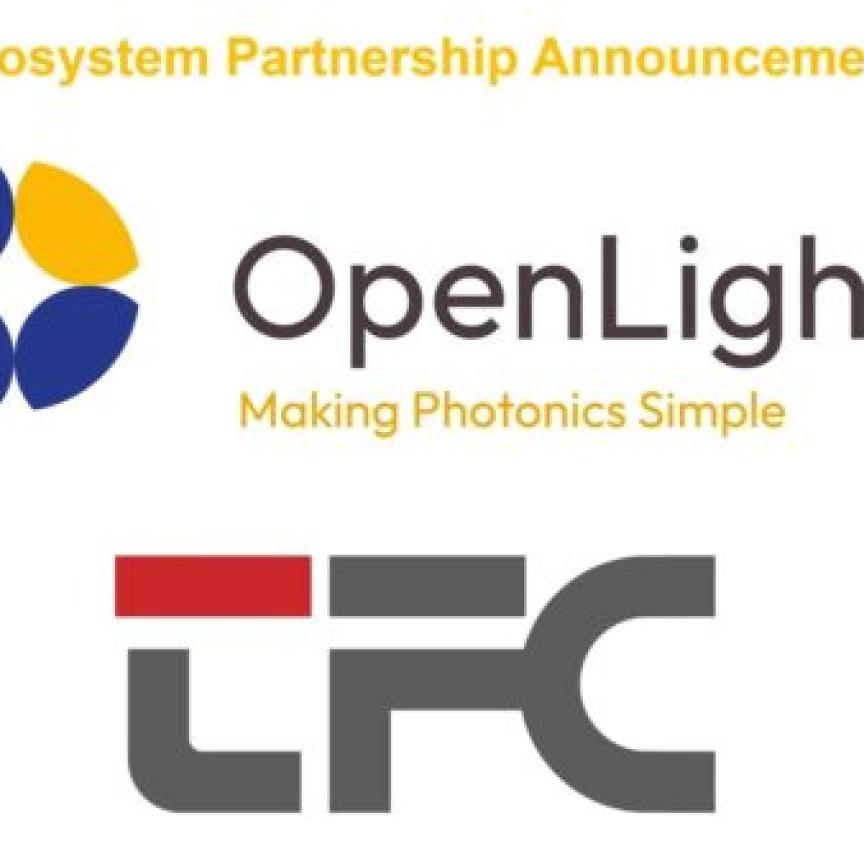Start-up Civil Maps has raised $6.6 million from investors including Ford to advance its lidar autonomous driving technology.
The news follows Princeton Lightwave commercialising its Geiger-mode lidar through the development of a new automotive business unit.
Civil Maps, provider of lidar 3D mapping technology for fully autonomous vehicles, raised the $6.6 million in a seed funding round led by Motus Ventures and including investment from Ford, Wicklow Capital, StartX Stanford and Yahoo cofounder Jerry Yang’s AME Cloud Ventures.
Through artificial intelligence and vehicle-based local processing, Civil Maps converts sensor data into meaningful map information built specifically to direct fully autonomous vehicles.
The company’s technology obtains raw 3D data using lidar and, through software, compiles it with the information delivered by onboard sensors. This produces a machine-readable map that requires much less data storage and transmission than existing technologies.
Civil Maps will use the finance to accelerate product development and to deploy its technology in the automotive sector.
‘Civil Maps’ pioneering mapping technology is building the backbone of our fully autonomous future,’ said Jim DiSanto, managing director of Motus Ventures. ‘By creating and managing live semantic maps of all the roads in America, the company is providing a technology essential for the leap to fully autonomous vehicles that can transform the future of transportation.'
Meanwhile, Princeton Lightwave launched its automotive lidar business unit to commercialise its Geiger-mode lidar technology for the emerging driverless car market. Geiger-mode lidar has been recommended by the Auto Alliance – a US association made up of the 12 largest car manufacturers – for its ability to sense beyond 200 metres for reducing collisions.
Princeton Lightwave has commercialised Geiger-mode detectors over the past decade for 3D imaging applications in defence and mapping.
‘Safety is a prerequisite for automated driving, and long-range lidar is a critical part of the sensor suite for enabling safety at different levels of automation,’ said Dr Sabbir Rangwala, who has been leading the Princeton’s Advanced Driver Assistance Systems activities for several years. ‘Princeton Lightwave is the only company with Geiger-mode lidar sensors operating beyond 1,400nm and is uniquely positioned to leverage this technology into the automotive market.’
‘The GeigerCruizer lidar is differentiated from others by its ability to detect low-reflectivity objects beyond 200 metres within eye safety limits,’ added Princeton Lightwave chairman Yves Dzialowski ‘The core device technologies are semiconductor-based, so they will scale in volume to meet automotive prices.’
Also in July, FiveAI announced that it has raised $2.7 million in a funding round, led by Amadeus Capital Partners, in order to advance its autonomous vehicle software stack.
In particular, the start-up is using machine learning and computer vision to remove the need for the prior 3D mapping of environments.
Further Information:

